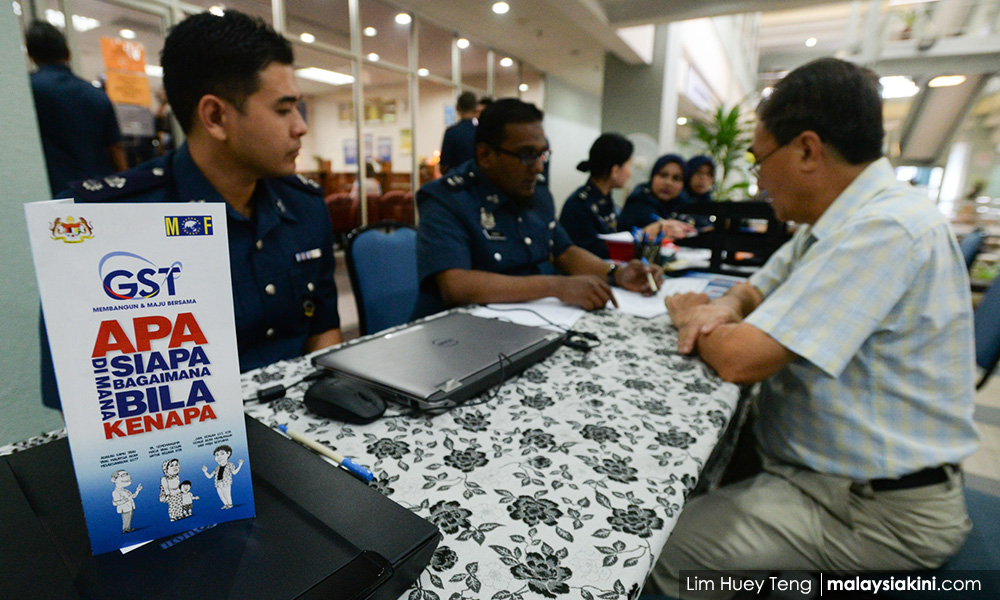Prime Minister Anwar Ibrahim said the government needs to reduce subsidies on the rich before reintroducing the goods and services tax (GST).
During the interview with Bloomberg’s Haslinda Amin at the Milken Institute 10th Annual Asia Summit, Anwar admitted that GST is the most efficient and transparent tax system.
“When do we implement it? It depends on the threshold. When people are living in abject poverty, you have to introduce progressive tax policies, not a broad base policy that affects the very poor.
“So, you have to give some time, but then do you do nothing? No. You have to broaden the tax base, for sure. But you have first to reduce subsidies to the rich,” he said.
He added that subsidy rationalisation is not going to be a popular decision but the government has four years before the next election.
Hence, he said the government has to do the subsidy rationalisation soon as subsidy expenses for the country is one of the highest in Asia.
On investment, Malaysia is focusing on clarity of policies to ensure the country will be able to attract investments like it used to in the 90s, said Anwar.
He noted that with the right policies and clarity of economic policies, Malaysia could do even better than it did during that era if supported by good governance.
“We have a good team but we have to accept the fact that we need investments. There must be ease of doing business and clarity of economic policies.
“There are essentially Madani concepts, but why do I call it Madani? It is because of caring and compassion. We have issues with inequality, we have people in the hinterland including Sabah and Sarawak, and some in Peninsular Malaysia. We have to address this issue,” he explained.
“And with clarity policies, we have been able to attract major investments from China, the United States and Europe for the past five to six months. The largest was from Infineon Technologies, (with an investment of) €5 billion (about RM24.9 billion) into Malaysia. This would be of immense help to boost the confidence (of the country),” Anwar added.

Ripe for investment
The government had also introduced the Madani Economy aimed at boosting the Malaysian economy; the National Energy Transition Roadmap (NETR) to achieve the nation’s net-zero greenhouse gas (GHG) emissions aspirations as early as 2050; and the New Industrial Master Plan 2030 (NIMP 2030), which aims to revitalise the country's manufacturing sector and increase its value-added turnaround to RM587.5 billion by 2030.
On Tesla’s investment, Anwar said the international energy company targets to open its operations headquarters in Malaysia by end of October or early November this year.
He also noted that there are three local Malaysian companies working with SpaceX, adding that Starlink has something that would benefit Malaysia immensely.
When asked which sectors investors should invest in Malaysia, Anwar said the country is expected to see a greater increase in digital transformation, energy transformation and renewable energy.
“On investment tax, it has to be attractive for investments… (regardless of) whatever that needs to be done, whatever is necessary to ensure that Malaysia remains as an attractive competitive destination for investments,” he added.
- Bernama



No comments:
Post a Comment
Note: Only a member of this blog may post a comment.